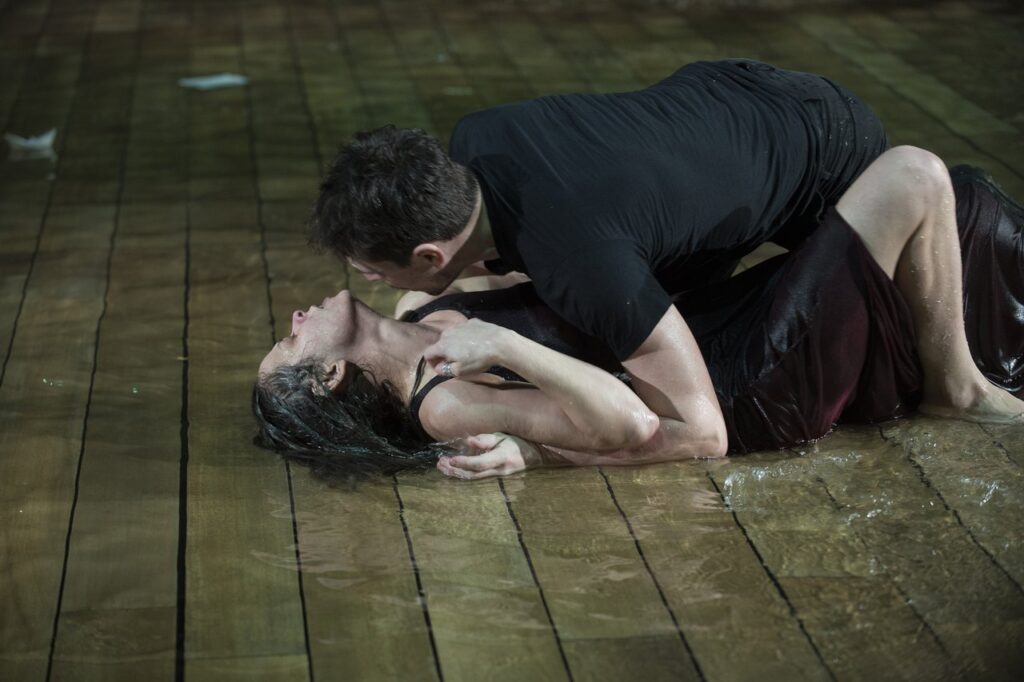

The directors of the Theater sector of the Venice Biennale, Stefano Ricci and Gianni Forte, have chosen to assign the Lifetime Achievement Award to the Brazilian author and director Christiane Jatahy, which she will receive during the ceremony on Sunday 26 June, at 12, at Ca ‘ Giustian.
A harsh and acute observer of the violent cruelty of our world – write Stefano Ricci and Gianni Forte in the motivation for the award – Brazilian author and director Christiane Jatahy ramps up an original interstitial language that merges the radical power of her poetic dimension with the counterpoint of caustic political thinking, always permeated by an intrepid spirit of experimentation between present and past (Ricci/Forte)
It is peculiar how, for over two centuries, the main poetic themes of Latin American artists haven’t changed much. In 1884, Eduardo Gutiérrez wrote a famous pantomime- turned-theatre piece, a sainete, that successfully portrayed the contrast between what was the local populace then and new immigrants. Christiane Jatahy does nothing to deny these roots, and moves easily between cinema, essay, theatre, installation art. Her reference point is the world itself: Jean Renoir, Homer, Shakespeare, Chekhov, Strindberg are the footholds to confront, as an artist, the afflictions of humanity. In Ithaca – Our Odyssey (2018), Jatahy mixes Homeric heroes with modern-day war, drought, and abuse refugees, looking for a land that seems to have been promised to them on the other side of the Mediterranean.

A second act, The Lingering Now (2019) will be shown in Venice. The film part of the piece has been shot in Palestine, Lebanon, South Africa, Amazonia. Another important artwork of hers if Entre chien et loup (2021), the first part of a trilogy dedicated to totalitarianism, machoism (Before the Sky), slavery, and racism (After the Silence). With her, the word ‘theatre’ loses its current definition and somehow goes back to its origins, before the great Greek playwrights themselves. The game of the mirror between living beings – let’s call it theatre for simplicity’s sake – and cinema is all the more apparent in What if they went to Moscow (2014), where she uses live editing to integrate footage into the theatre. In Dogville, Lars von Trier’s challenge was to make theatre live in cinema – Jatahy goes the other way around, and wants cinema to live in theatre, over the background on the subtext of the history of the birth of capitalism. Christiane Jatahy was in Venice in 2015 with La signorina Julia, a play on the evolution of Brazilian classist, late-1800s society into the Brazilians of today, and in 2016 with What if they went to Moscow.